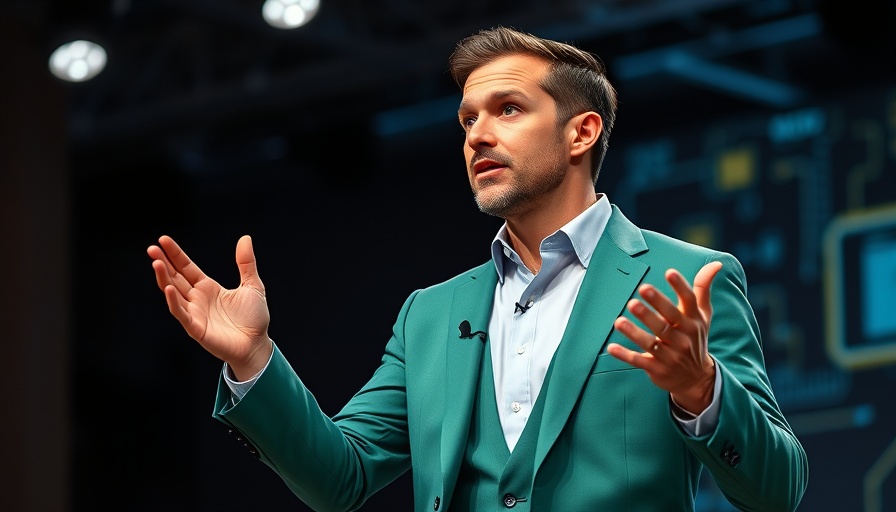
Bill Gates' Historic Commitment: A New Era for Africa
In a transformative announcement made in Addis Ababa, Ethiopia, tech entrepreneur Bill Gates has pledged the majority of his $200 billion fortune toward improving health and education in Africa. This initiative aims to "unleash human potential through health and education" across the continent, with Gates emphasizing the necessity for every African nation to embark on a path to prosperity.
The Impact of Investment in Health and Education
This bold commitment provides a unique opportunity for African nations to enhance healthcare systems and educational services. Globally, evidence shows that increased investment in these sectors leads to better economic outcomes and improved quality of life. By focusing on health and education, Gates aims not only to address immediate needs, like disease prevention and educational access, but also to foster long-term development and sustainability.
Connecting Philanthropy to Prosperity: Why This Matters
Gates’ pledge resonates deeply in a world where philanthropic efforts can augment governmental and local initiatives. During the announcement, he acknowledged numerous African countries, where health challenges, such as infant mortality and disease outbreaks, remain prevalent. Addressing these issues is crucial, as studies show that better health correlates with increased school attendance and performance. By channeling funds toward these sectors, Gates is setting the stage for a ripple effect of benefits across society.
Future Predictions: Health and Education as Catalysts for Change
The intersection of health and education is not merely theoretical; it’s a pathway to prosperity. Experts predict that investing in health systems will not only improve individual well-being but also stimulate local economies by creating jobs in healthcare, education, and related sectors. This investment could also encourage innovation, foster entrepreneurship, and attract additional foreign investment, establishing a cycle of growth and development in Africa.
Global Trends: The Shift Towards Sustainable Finance
Gates’ commitment aligns with a broader global trend toward sustainable finance and impact investing. By supporting initiatives that yield social and environmental benefits, investors are increasingly looking beyond straightforward profit to address pressing global challenges. This paradigm shift is reflected in the growing interest in blended finance and ESG (Environmental, Social, and Governance) criteria, which prioritize investments in socially responsible projects.
Practical Insights: The Role of Individual Investors
For individual investors and family offices, Gates' pledge presents an educational moment about integrating impact investing into their portfolios. Understanding the benefits of social impact investments can lead to more informed decisions that not only yield financial returns but also promote positive global change. Investors can leverage this awareness to devise strategies that align their financial goals with humanitarian and environmental objectives.
Actionable Steps: Engaging with Africa’s Development
Investors intrigued by Gates’ commitment could explore avenues for participation in initiatives aimed at improving health and education. This could range from direct investments in African startups that focus on healthcare and education technology to supporting nonprofits working on the ground. Collaboration with organizations that prioritize impact could amplify the effects of their contributions, driving progress in African communities.
In summary, Bill Gates’ historic commitment to invest in African health and education could redefine the landscape of philanthropy and sustainable finance in the region. His vision of unleashing human potential through better health and education is not only a testament to his belief in Africa's future but also an actionable model for individual investors looking to make a meaningful impact.
 Add Row
Add Row  Add
Add 




 Add Row
Add Row  Add
Add 

Write A Comment